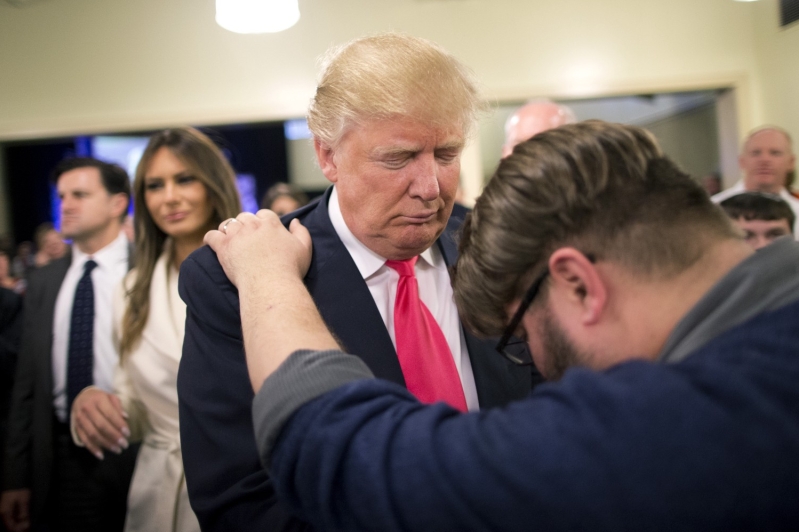
Over 700 human rights and international religious freedom advocates have signed a letter to President Donald Trump urging him to move swiftly on a nomination for Ambassador-at-Large for International Religious Freedom, as countries that are inclusive of all religions are "less prone to violence" and "less likely to export terrorism."
The letter, from the 21st Century Wilberforce Initiative, asks President Trump and Vice President Mike Pence to nominate an Ambassador-at-Large for International Religious Freedom within their first 100 days in office. The position is currently vacant, and it has taken prior administrations an average of 353 days to secure such a nomination.
In emphasizing the urgent need for filling the position, Elijah Brown, EVP of 21st Century Wilberforce Initiative said that, "There is mounting evidence that countries that maintain broad, plural, and inclusive religious freedom are less prone to violence, less likely to export terrorism, and more likely to grow their overall economy."
The letter cites a Pew Research Center report that found 74% of the world lives in places with high or very high persecution.
"People of all faiths - Christians, Muslims, Jews and Hindus included - face persecution that at times manifests itself both as heavy-handed government restrictions that try to control people and violent social hostilities that undermine the rule of law," it reads. The letter goes on to cite several examples of such rampant persecution, including the continued persecution of Christians and Yazidis in the Middle East; increasing anti-Semitism across Europe; the restrictive blasphemy laws in Pakistan; tightening control of Tibetan Buddhists; the persecution of Muslims in Myanmar; Boko Haram's oppression of Nigerian families; and attacks on bloggers in Bangladesh.
Reads the letter: "By nominating Ambassador-at-Large for International Religious Freedom in your first 100 days you can signal your commitment to people of faith and freedom of conscience, in a way that requires no new taxes and no new legislation while strengthening highly effective offices."
It continues: "As the first nation to constitutionally guaranteed religious freedom, the United States has a great history of standing for this "first freedom" around the world, a right closely tied to other human rights, economics, and security. Your swift action in this regard would extend American leadership in this most critical of issues at this most pressing of times."
The letter is signed by hundreds of notable faith leaders, including Todd Chasteen of Samaritan's Purse; Christian Solidarity Worldwide CEO Mervyn Thomas; Gregory Stanton, President of Genocide Watch; Ralph Wood, President of Theology and Literature at Baylor University; and Joseph T. Kassab, Executive Director of the Chaldean Federation of America.
During his remarks at the National Prayer Breakfast in Washington on Thursday, President Trump mentioned the atrocities carried out against religious groups around the world and said his new secretary of defense and secretary of state were going to work toward rectifying such persecution.
"Freedom of religion is a sacred right, but also a right under threat all around us," the president said. "The world is under serious, serious threat in so many different ways," he went on, "but we're going to straighten it out. That's what I do. I fix things."
He vowed to stop terrorism; end the persecution of minorities in the Middle East; and defend the country's borders from those who "would exploit that generosity to undermine the values we hold so dear."
In January, persecution watchdog Open Doors released the 2017 World Watch List, which revealed that 1 out of every 12 Christians around the world today experiences high levels of persecution because of their faith. The organization also recently conducted a poll that found that 60 percent of all Americans said it is important for the Trump administration to take action on the persecution of Christians within the first 100 days in office.






